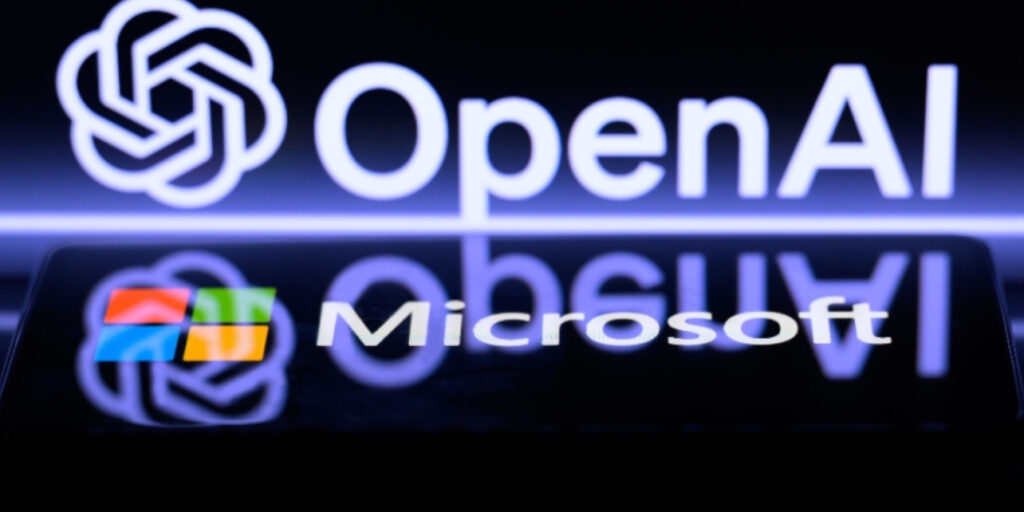The UK Competition and Markets Authority (CMA) has concluded its review of Microsoft’s partnership with OpenAI, ruling that the tech giant does not exert material influence over the ChatGPT maker. The decision, announced Wednesday, means that Microsoft’s $13 billion investment in OpenAI does not constitute a “relevant merger situation” under UK competition law.
Microsoft’s OpenAI Partnership Under Scrutiny
The CMA launched its investigation in December 2023 to determine whether Microsoft’s deep ties with OpenAI—particularly its nonvoting board seat and exclusive cloud computing deal—gave it de facto control over the AI company.
The review followed a period of close collaboration between the two firms, with Microsoft playing a key role in reinstating OpenAI CEO Sam Altman after his brief ouster. OpenAI’s AI models, including ChatGPT, have been deeply integrated into Microsoft products such as Azure, Copilot, and Office applications.
However, the CMA ruled that Microsoft does not have control over OpenAI and that there has been no shift in power that would trigger competition concerns.
Microsoft and OpenAI Relationship Evolves
Despite the CMA’s findings, Microsoft and OpenAI’s relationship has reportedly cooled in recent months. In July 2024, Microsoft relinquished its board seat, signaling a shift in their partnership. Meanwhile, OpenAI has expanded its cloud partnerships, recently turning to Oracle for additional computing resources.
Reports indicate that Microsoft retains rights to 75% of OpenAI’s profits until its $13 billion investment is recouped. Additionally, under a new model announced in January 2025, OpenAI has the freedom to partner with other cloud providers, though Microsoft maintains the right of first refusal.
CMA Warns of Growing AI Competition Concerns
While clearing Microsoft, the CMA remains concerned about competition in the foundation models market, which is currently dominated by major tech firms collectively known as GAMMA—Google, Amazon, Microsoft, Meta, and Apple.
CMA Chief Executive Sarah Cardell has warned that these companies control key resources such as computing power and data, creating a “winner takes all” market dynamic. The regulator continues to monitor how AI development impacts competition and innovation.
As AI adoption grows, regulators worldwide are paying close attention to Big Tech’s influence over foundational AI models, with ongoing scrutiny in the U.S. and European Union.


